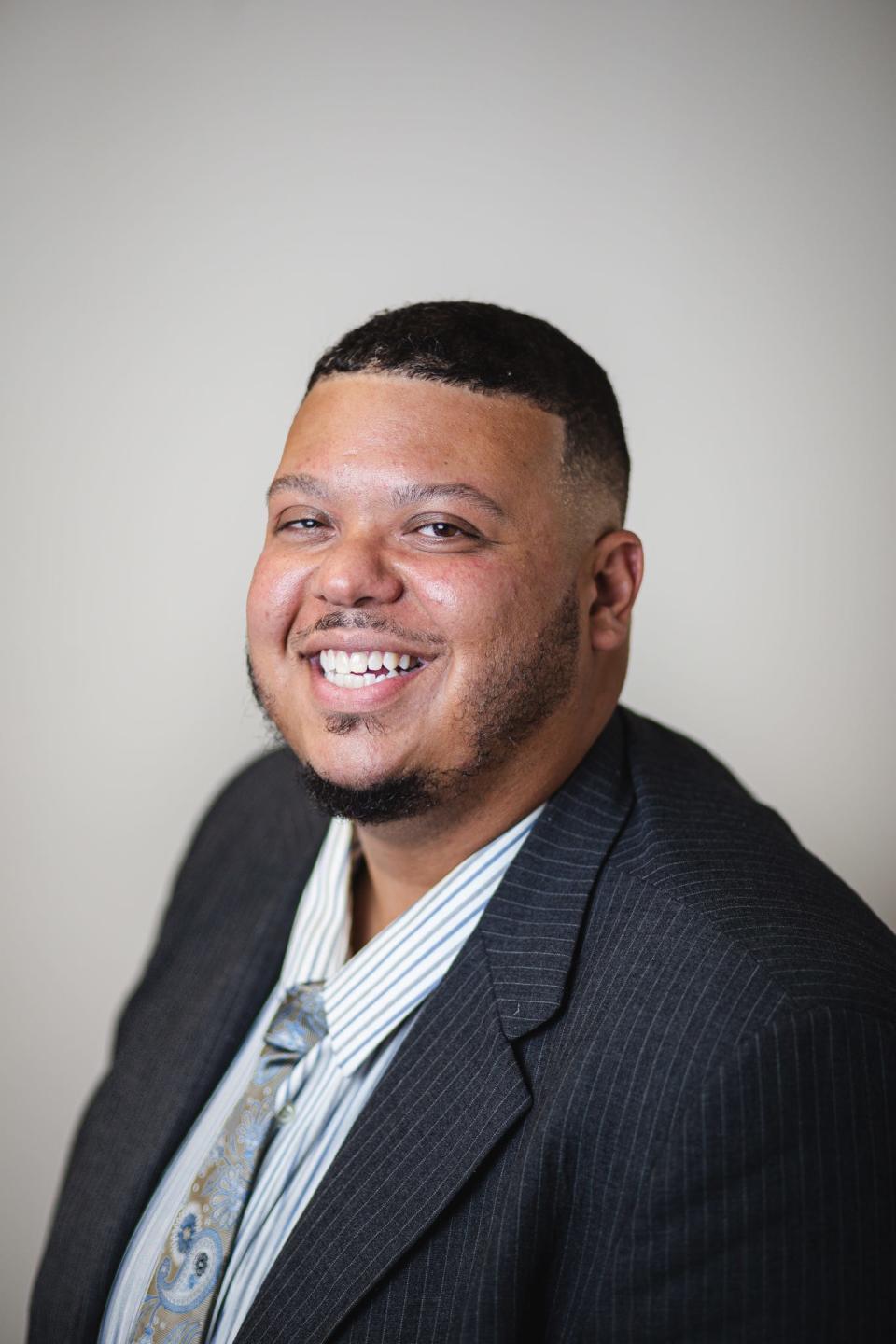Opinion: Anti-trans laws hurt youths who need help the most

In 2018, I co-developed a summer camp for transgender youth, a refuge from a world where transgender bodies are constantly under siege. These kids just wanted to be kids, just wanted to attend any camp available to them. Other camps, though, excluded them. We were compelled to create a space where they felt safe until the world at large is safer for them.
Diversity and Inclusion practitioners know that students who feel welcome experience better outcomes concerning their mental and physical well-being, and this translates to better educational outcomes. That well-being is under fire. According to the ACLU, lawmakers have introduced 155 anti-trans bills in statehouses just this year - more than those introduced in 2018, 2019 and 2020 combined. As a Diversity and Inclusion consultant in the health care sector, I’ve heard passionate stories of how representation and education save young trans lives. But our work can only be so helpful when transgender youth are under attack.
Bills and resolutions currently being proposed at the state level will only further harm already-marginalized youth. This proposed legislation includes HB 454: the Save Adolescents from Experimentation (SAFE) Act, as well as the recently introduced Ohio State Board of Education resolution "to support parents, schools, and districts in rejecting harmful, coercive, and burdensome gender identity policies."
These policies are written with ambiguous language, meant to create fear regarding the safety of children. In fact, they fail to protect those most vulnerable by banning gender-affirming care and encouraging districts to reject federal Title IX protections for LGBTQ youth.

This atmosphere of fear has reached a boiling point. Students are to fear their own gender nonconformity. Administrators are to fear hiring a transgender teacher, no matter how qualified they may be, because of the push to make that person illegal. As lawmakers on the national level pick up the effort to further marginalize and exclude the most vulnerable children in our schools, their counterparts at the local and state level often follow suit, including the elected members of our school boards. And although school board members are supposed to be nonpartisan, one would have a hard time making the case that issues of race and gender identity are not political.
While some recently elected lawmakers and state board of education members are not likely to support these measures, they will not officially take office until January. In the meantime, current members of the Ohio State Board of Education have introduced two amendments to their aforementioned resolution that will only further harm our LGBTQ students. It is, therefore, imperative that we reach out to the state board members who represent us to let them know that we do not support these damaging proposals.
Our institutions regularly fail transgender people, to the point where one of the students involved in our programming during my summer camp’s creation reached out to me − not to the police, not to a health care provider, but me − when their friend was experiencing a life-threatening mental health crisis. They reached out to a Diversity and Inclusion consultant because they feared facing further violence based on their identity. If we aren’t vigilant, what was once neglect and carelessness from our institutions will turn into outright hostility toward some of the children who need our help the most.
I urge you all to let your board members know that they should be focused on promoting safety and success for every student. We have the power to make our voices heard and to create safe school environments where the next generation can grow and flourish. Our kids are counting on us.
Brice Mickey lives in Green Township and works as an equity and inclusion consultant with anchor institutions, both locally and across the country.

This article originally appeared on Cincinnati Enquirer: Opinion: Anti-trans laws hurt youths who need help the most

